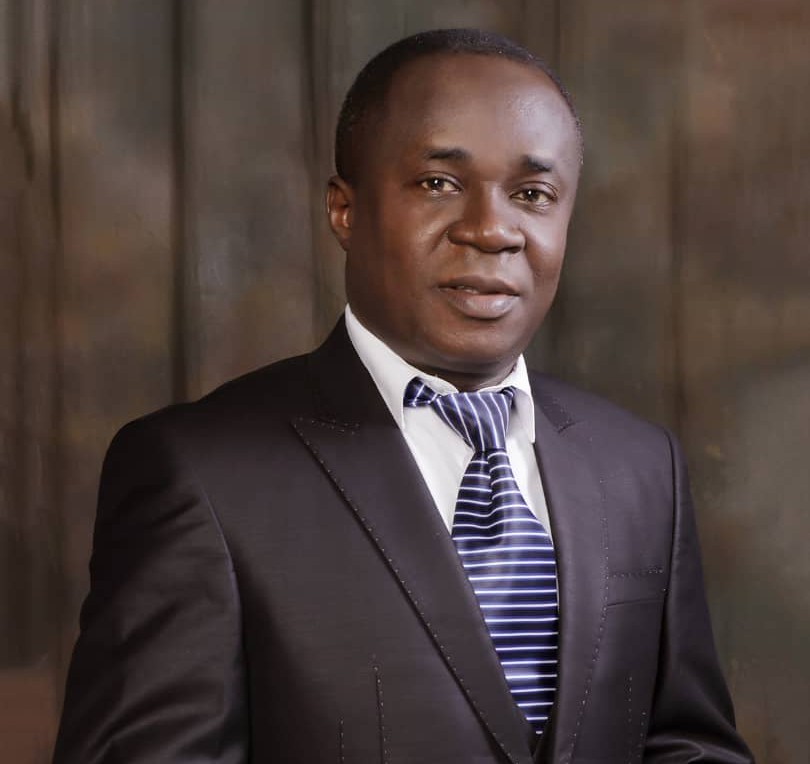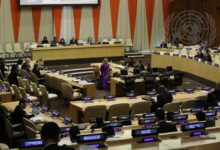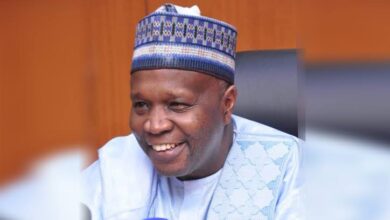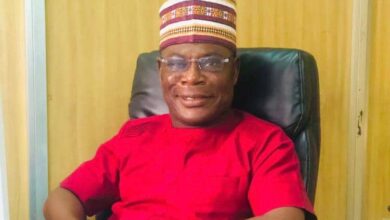OPINION: Crystal Gazing The Nigerian Stock Market In 2021

For many a Nigerian, ‘’good riddance to bad rubbish’’ best describes the year 2020. But not so for scores of investors in the Nigerian stock market who must be basking in the euphoria of the ‘wealth effect’ created by the superlative outturn of returns in the market. Despite the ravaging impact of COVID-19 on the Nigerian economy, the Nigerian stock market surprised on the upside, outperforming global stock markets in 2020 according to Bloomberg and posting circa 50 percent year-to-date return due, in large part, to the improved liquidity in the economy made possible by the Central Bank of Nigeria.
To be sure, the impressive stock market performance in 2020is not without theoretical foundation. According to Keynesian macroeconomics under the popular IS-LM framework, an exogenous increase in money supply would, all things being equal, lead to a lower rate of interest and a higher level of income. The increase in money supply increases spending in goods and services, stimulating a rise in income some of which trickle into the securities market.
Away from theory, it is not in doubt that the remarkable performance of the stock market in 2021 has more to do with the low yield in the fixed income market than the fundamentals of listed companies. This became more apparent in the last quarter of 2020 when the benchmark index recorded strong gains. Expectedly, the stock market had initially reacted to the news of the outbreak of the pandemic especially in February and March- the only months that posted negative returns in 2020 aside from the month of June. As a matter of fact, the worst performing month of the year was in March when the NSE All Share Index lost over 18 percent.
Indeed, market consensus attributes the biggest factor that lifted the stock market in 2020 to favourable policies bythe Central Bank of Nigeria. It will be recalled that in the course of 2020, the Monetary Policy Committee of the CBN cut the Monetary Policy Rate, which is the benchmark interest rate, from 13.5 percent to 11.5 percent. By the same token, the CBN reduced the minimum interest on Savings deposits from 30 percent of the MPR to 10 percent. Further, in order to increase credit to the real sectors of the economy, the apex Bank sustained its deposit to loan ratio of 65 percent. All these promoted a low interest rate environment making investments in the fixed income market less attractive to the extent that return on risk-free assets such as Treasury Bills and government bonds was nothing to write home about. Little wonder, investors, especially domestic investors that dominated transactions on the Nigerian Stock Exchange all through the year, ported to riskier equities that offered returns in excess of the inflation rate.
Other factors that helped turbo-charge the stock market in 2020 were some positive global and local news including the gradual recovery of crude oil prices, the COVID’19 vaccines, the early presentation and passage of the 2021 appropriation Bill, the COVID’19 stimulus packages from the government and the CBN, the containment of the first wave of the pandemic in the country and the early lifting of restrictions and lockdowns.As the New Year is ushered in, the jury is out regarding the outlook for the stock market in 2021. The big question is whether the momentum will continue and for how long. The fact remains that, consistent with the random walk hypothesis, the stock market is full of surprises and cannot be predicted with any reasonable degree of certainty.
Be that as it may, a rough idea can be fathomed based on a number of variables. For instance, it is expected that CBN’s policies will continue to be pro-growth in 2021 till the economy makes a recovery. This will include sustaining the Loan-to-Deposit Ratio policy as well as a low interest regime environment. The Minister of Finance and the CBN Governor have been quoted as saying that the economy would turn the corner by end of the first quarter. The low interest rate backdrop will incentivise investors to continue showing preference for equities over other asset classes because of the prospect of relatively higher returns.
In addition, some other developments that will likely sustain positive sentiments in the first half of 2021 include the early passage of the 2021 appropriation Bill and the prospects of the passage of the Petroleum Industry Bill by the National Assembly. On the external front, the recovery in crude oil prices, the Brexit deal between the UK and European Union, the take-off of AfCFTA and the roll out of COVID’19 vaccine will all be positive for the stock market.
Nevertheless, this stock market optimism in the first half of 2021 has a number of caveats:
the first is the seeming resurgence of the pandemic given the rising number of COVID-19 cases in the country and the likelihood of another round of lockdowns capable of plunging the economy into a deeper recession and dimming hopes of a possible rebound by the first quarter of 2021. Another major concern, connected to the first, is whether or not crude oil priceswill disappoint in 2021. By implication, a slump in oil price will be detrimental to government revenue and external reserves. Its negative impact on the budget and the financial sector is capable of dampening investors’ sentiments. As a corollary, there is the issue of foreign exchange pressure and rising inflation and the extent to which the CBN will be able to manage these in 2021 against the backdrop of dwindling external reserves and foreign investments.
With the benefit of hindsight, the stock market will most likely pull back by the second half of 2021 having attained an unprecedented peak in 2020. The low yield environment in 2020 acted like a tide that lifted all boats and under such circumstances, there is the tendency that a number of stocks may have been mispriced or priced above their intrinsic values. If history is any guide, market correction is bound to happen especially in the last two quarters of 2021 regardless of any positive growth rate in GDP attained in 2021.
In 2014 for example, dominant stock market sentiment was negativein spite of a strong GDP growth rate of 6.3 percent. During the last economic recession in 2016, the stock market single-digit loss represented an improvement over the performance of the previous two years.
 The period following the economic recession in 2017 was surprisingly quite remarkable for the stock market. By the end of 2017, the NSE All Share Index appreciated by 42.3 percent and was adjudged the third best performing stock market in the world after Argentina (73 percent) and Turkey (43 percent). It is instructive to note that the stock market reversed all the gains the following year posting a huge loss of -17.81 percent in 2018 despite the fact the Nigerian economy delivered relatively stable and modest growth of 1.92 per cent, fuelled by gradual recovery in crude oil price.
The period following the economic recession in 2017 was surprisingly quite remarkable for the stock market. By the end of 2017, the NSE All Share Index appreciated by 42.3 percent and was adjudged the third best performing stock market in the world after Argentina (73 percent) and Turkey (43 percent). It is instructive to note that the stock market reversed all the gains the following year posting a huge loss of -17.81 percent in 2018 despite the fact the Nigerian economy delivered relatively stable and modest growth of 1.92 per cent, fuelled by gradual recovery in crude oil price.
Undoubtedly, the stock market obeys the laws of gravity. So, given the magnitude of the recent rally, the market can only head southwards in 2021. This possibility appears reinforced by the recent Business expectation survey report published by the CBN in which most Respondent firms surveyed expressed pessimism about the direction of interest rates and inflation over the next six months. This has implications for the stock market not least because rising inflation is likely to be accompanied by tighter monetary policy with higher interest rates. This has the potential of changing the current narrative elevating the attraction of fixed income instruments as viable alternative to shares.
By and large, the outlook of the Nigerian stock market in 2021 is essentially a bet on how long the CBN is able to sustain the current accommodative monetary policy stance. Gazing into the stock market crystal ball, what looks obvious is thatthis New Year has the potential for downside surprises. Consequently, investors in the stock market will be well advised to follow the time-honoured cautious investment path of asset allocation, risk management and diversification.
Happy New Year
Uche Uwaleke is a Professor of Capital Market at the Nasarawa State University, Keffi and the President of Capital Market Academics of Nigeria.






